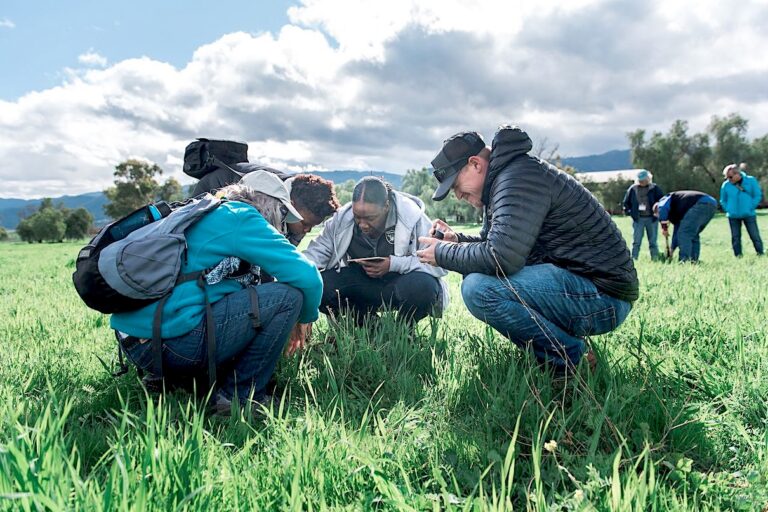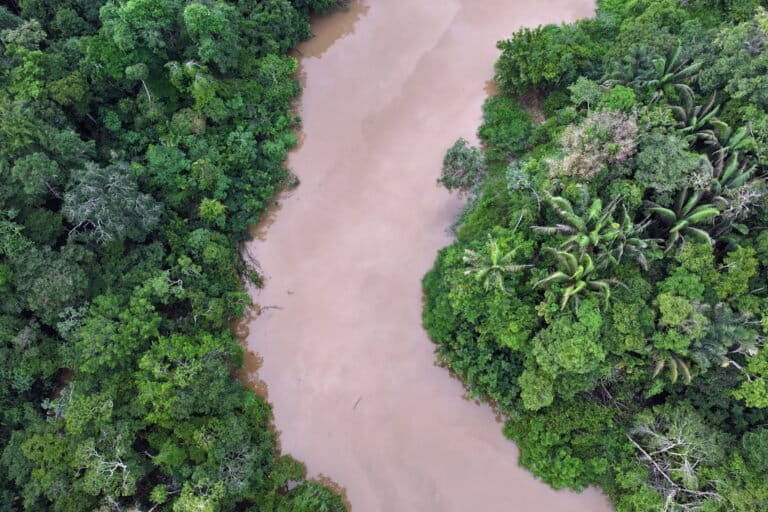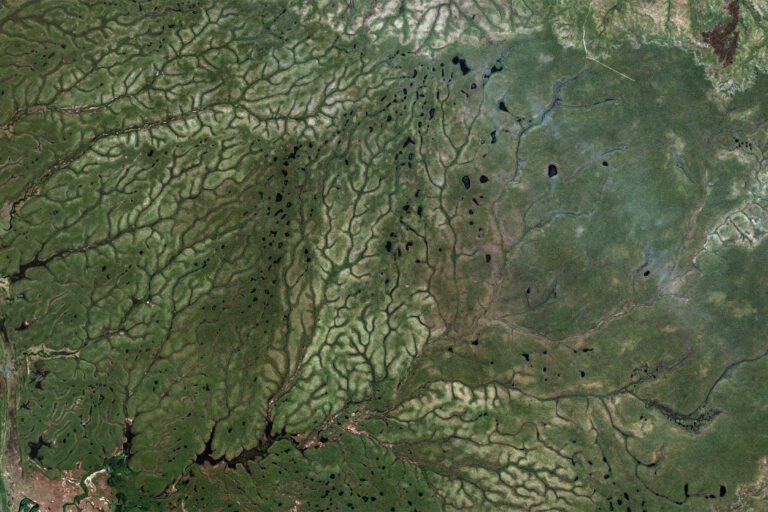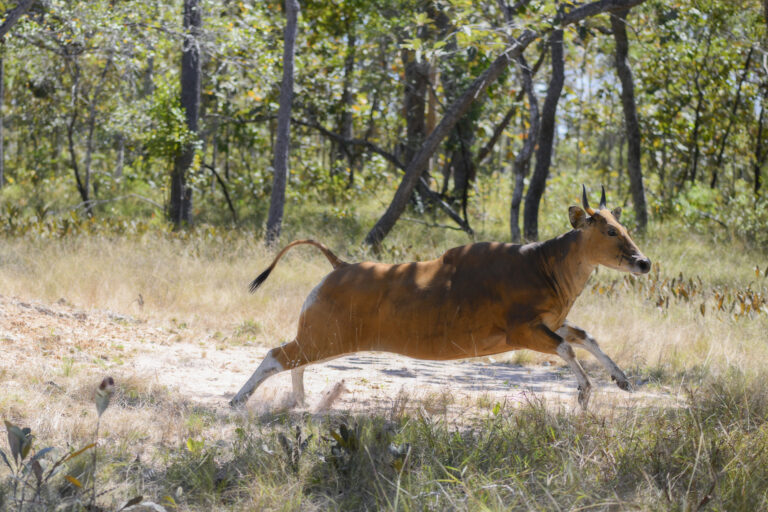Wellington’s solitary coral, a species thought to be extinct for more than two decades, was rediscovered in 2024 near Tagus Cove in Ecuador’s Galápagos Islands, according to a recent study.
Over multiple dives in 2024, scientists from the Charles Darwin Foundation, the Galápagos National Park Directorate, and the California Academy of Sciences spotted more than 290 live colonies of Wellington’s solitary coral (Rhizopsammia wellingtoni) in several locations off Isabela and Fernandina islands, including four sites where the species had never been recorded before.
“There were underwater handshakes and shouts of excitement,” Terry Gosliner, a senior curator at the California Academy of Sciences and study co-author, told Mongabay Latam contributor Ana Cristina Alvarado. “We didn’t just rediscover the species, we saw healthy colonies reproducing. It was one of the most exciting underwater moments of my career.”
Unlike most reef-building corals, R. wellingtoni is a solitary coral, meaning each polyp lives independently. The species, found only in the Galápagos Islands, also doesn’t rely on sunlight or symbiotic algae to live, meaning it can survive in deeper and darker waters.
The species was almost completely wiped out following the 1982-1983 El Niño warming event, leading the study’s authors to infer that it’s sensitive to increases in surface water temperature. However, between August 2000 and March 2023, water temperatures in the region were cooler than average due to a La Niña event, which may have allowed the coral to bounce back, the researchers say.
They also speculate that that rather than going extinct, the coral possibly survived in the deep sea, where temperatures are cooler. Then, when conditions improved in shallower water, the coral reoccupied those areas.
Wellington’s solitary coral has remained listed as critically endangered (possibly extinct) on the IUCN Red List since 2007. Gosliner said that if the coral continues to reproduce at healthy rates, the threat status could be reassessed and eventually improved to vulnerable.
But global warming across the Earth’s oceans makes this uncertain. “More El Niño events will come, and the ocean keeps warming,” Gosliner said. “As long as we don’t move away from a carbon-based economy, we’ll keep facing these problems.”
Read the full interview with Terry Gosliner, in Spanish, here.
Banner image: Purple and gray Wellington’s solitary corals. Image courtesy of Inti Keith/Charles Darwin Foundation.














